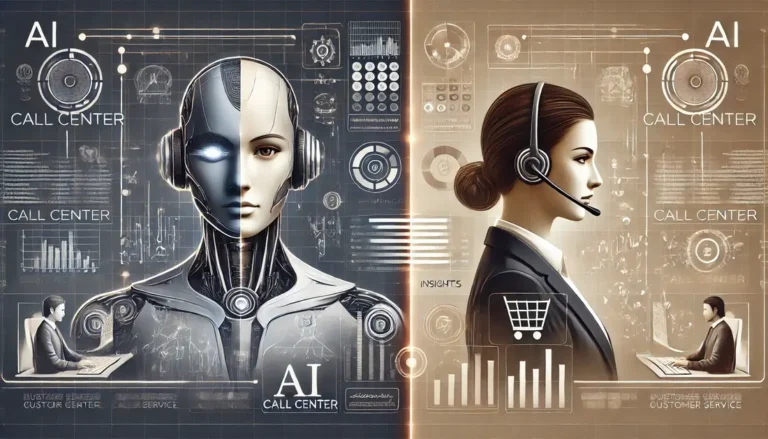Understanding AI Schedulers
Artificial Intelligence (AI) schedulers are advanced tools designed to automate and optimize the scheduling of tasks and resources within a business workflow. These schedulers utilize machine learning algorithms to analyze data, make predictions, and adapt scheduling strategies in real-time. By leveraging AI technology, businesses can streamline their workflow processes, reduce manual intervention, and improve overall efficiency.
AI schedulers come in various types, including rule-based schedulers, machine learning-based schedulers, and hybrid schedulers. Rule-based schedulers operate on predefined rules and constraints, making scheduling decisions based on predetermined criteria. Machine learning-based schedulers, on the other hand, learn from historical data and user feedback to improve scheduling accuracy over time. Hybrid schedulers combine both rule-based and machine learning approaches to provide a more flexible and adaptive scheduling solution.
Implementing AI schedulers into your business workflow involves identifying workflow needs, selecting the right scheduler for your requirements, and integrating it into existing systems. Training and adaptation are essential steps to ensure the AI scheduler effectively meets the unique demands of your business workflow.
Improving Efficiency and Productivity
Streamlining Task Allocation
AI schedulers streamline task allocation by automatically assigning tasks to the most suitable resources based on various criteria such as skills, availability, and priority. By eliminating manual intervention in task assignment processes, businesses can save time and ensure that tasks are allocated efficiently. This streamlining of task allocation reduces the risk of human error and ensures that resources are utilized effectively to maximize productivity.
Optimizing Resource Utilization
AI schedulers optimize resource utilization by matching available resources with tasks in a way that minimizes idle time and maximizes productivity. These schedulers analyze resource availability, workload, and skillsets to ensure that tasks are assigned to the most appropriate resources at the right time. By optimizing resource utilization, businesses can make better use of their workforce and equipment, leading to increased efficiency and cost savings.
Reducing Bottlenecks and Delays
AI schedulers help businesses reduce bottlenecks and delays by identifying potential issues in workflow processes and proactively addressing them. These schedulers analyze workflow data to identify bottlenecks, such as resource constraints or dependencies between tasks, and adjust schedules accordingly to prevent delays. By minimizing bottlenecks and delays, businesses can ensure that projects are completed on time and within budget, leading to improved customer satisfaction and business outcomes.
Future Trends and Developments
Looking ahead, the evolution of AI schedulers is expected to continue, with advancements in technology driving new capabilities and functionalities. Integration with emerging technologies such as Internet of Things (IoT) and blockchain is likely to further enhance the capabilities of AI schedulers, enabling more seamless and intelligent scheduling processes. Businesses that embrace these advancements will gain a competitive edge in optimizing their workflow efficiency and staying ahead of the curve.
Considerations and Risks
While the benefits of AI schedulers are undeniable, it’s essential for businesses to consider potential risks and challenges. Data privacy and security concerns must be addressed to ensure the confidentiality and integrity of sensitive information. Additionally, the collaboration between humans and AI schedulers requires careful management to maintain a balance between automation and human oversight. Scalability and maintenance are also important factors to consider, as businesses must ensure their AI schedulers can adapt to changing needs and scale effectively as the business grows.
Conclusion
In conclusion, integrating AI schedulers into your business workflow offers a multitude of benefits, from improving efficiency and productivity to enhancing decision-making processes. By leveraging the power of AI technology, businesses can streamline scheduling processes, optimize resource utilization, and stay ahead of the competition. With careful planning and implementation, AI schedulers have the potential to revolutionize how businesses manage their workflow, driving greater success and innovation in the digital age.







